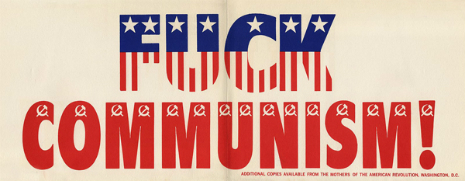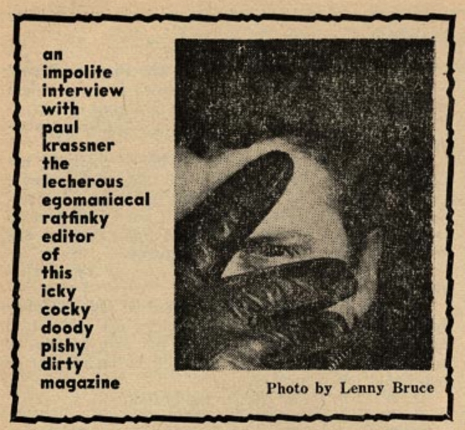_465.jpg)
All photos by John Brian King
American Bandstand with Dick Clark was a staple of American TV. Beginning in 1956, the clean-cut Clark hosted the program, staying at the helm for over thirty years. The show featured teenagers and young adults dancing to pop music, as well as musical acts. As previously acknowledged by Dangerous Minds, Clark had a fair amount of interesting up-and-comers appear on his show, including the Syd Barrett-fronted Pink Floyd, Captain Beefheart, and a young man by the name of Prince.
_465.jpg)
After the Sex Pistols imploded in early 1978, singer John Lydon would soon shed his “Johnny Rotten” skin, reinventing himself with a new band, Public Image Ltd. In April 1980, PiL were touring America for the first time, supporting album #2, which was a double LP. For Second Edition (originally released as Metal Box), the group abandoned the rock found on their debut, producing a sprawling post-punk opus that was both weird and danceable (think Can meets Chic). It’s an innovative and unique work—in other words, not exactly the kind of stuff that normally makes it onto American television.

Public Image Ltd’s appearance on American Bandstand aired on May 17th, 1980. Moments after “Poptones” begins, the camera catches Lydon sitting off to the side of the Bandstand podium, seemingly unsure what to do. Soon he’s up and dancing about, trying to involve the studio audience.
_465.jpg)
But the crowd ain’t cooperating, so Lydon takes the next step, heading into the throng (ala Iggy) to force the issue.
_465.jpg)
The timid audience, largely consisting of teenagers, seem both excited and scared by the singer, and they take even more encouraging to break TV protocol, with Lydon physically pushing, shoving, and finally pulling spectators onto the platform. All the while, the former Rotten isn’t even bothering to keep up with the lip-syncing—a very punk thing to do, right? Well, there was a reason for it and all the anarchy, which Lydon later explained in his autobiography:
It all got off on the wrong foot when we arrived and they suddenly informed us that it would be a mimed thing. Our equipment hadn’t arrived in time, apparently, but we soon got even more upset when they said, ‘Oh no, you couldn’t play it live anyway, just mime to the record.’
They’d made up some edited versions of “Poptones” and “Careering,” and gave us a cassette to check it out beforehand. ‘Oh my God, they’ve cut it down to that? I don’t know where the vocals are going to drop. What are we supposed to do?’ None of us knew. Just thinking about trying to sing it like the record was…aarghh! You can fake it with an instrument but you can’t as the singer. ‘Okay, so you’ve cut out the point and purpose, it’s like removing the chorus from the National Anthem, just because it makes for an allotted time slot on a TV show. That’s arse-backways!’
_465.jpg)
The calm before the storm: PiL backstage
More after the jump…














